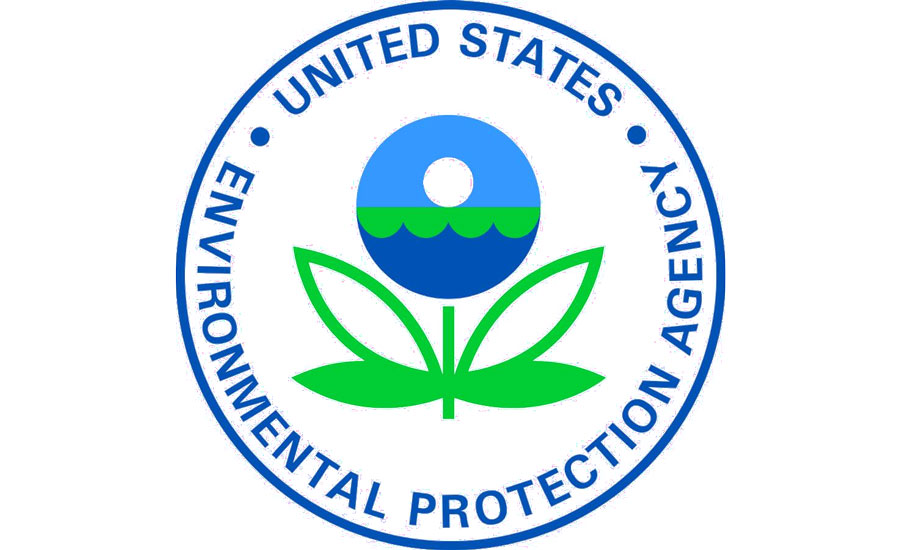
COURT ORDERED: A U.S. Court of Appeals ruled 2-1 that the EPA cannot ban HFCs under Section 612 of the Clean Air Act.
Court Ruling Halts EPA’s HFC Phasedown
Appeals court concludes Section 612 authority is limited to ozone-depleting substances
A U.S. Court of Appeals has ruled that the U.S. Environmental Protection Agency (EPA) cannot ban the use of hydrofluorocarbons (HFCs).
The U.S. Court of Appeals for the District of Columbia Circuit ruled 2-1 in favor of the plaintiffs in the case of Mexichem Fluor Inc. vs. the EPA. In the decision, the court stated the EPA cannot ban HFCs under Section 612 of the Clean Air Act because that provision was designed only to address ozone-depleting substances.
While HFCs are among the greenhouse gases suspected of contributing to climate change, they do not deplete the ozone layer.
“The EPA’s authority to regulate ozone-depleting substances under Section 612 and other statutes does not give the EPA authority to order the replacement of substances that are not ozone depleting but that contribute to climate change,” the court ruled. “Congress has not yet enacted general climate change legislation. Although we understand and respect the EPA’s overarching effort to fill that legislative void and regulate HFCs, the EPA may act only as authorized by Congress.”
The ruling struck down an executive order that was part of President Barack Obama’s 2013 Climate Action Plan, which had indicated the EPA would use its authority through the Significant New Alternatives Policy (SNAP) Program of Section 612 to reduce HFC emissions. To that end, in 2015, the EPA issued a rule that restricted manufacturers from making certain products containing HFCs.
In this case, Mexichem Fluor and Arkema Inc. had petitioned for a review of the EPA’s 2015 rule. They raised two main arguments. First, the 2015 rule exceeded the EPA’s statutory authority under Section 612, and, second, the EPA’s decision to remove HFCs from the list of safe substitutes in the 2015 rule was arbitrary and capricious because the EPA failed to adequately explain its decision and failed to consider several important aspects of the problem.
The court ruled in favor of the first argument but rejected the arbitrary and capricious arguments.
The court noted the EPA possesses other statutory authorities, including the Toxic Substances Control Act, to directly regulate non-ozone-depleting substances that are causing harm to the environment.
“Our decision today does not in any way cabin those expansive EPA authorities,” the court wrote.
“This ruling has significant implications for our industry, and we will be monitoring the EPA’s response closely,” said Stephen Yurek, president and CEO, the Air-Conditioning, Heating, and Refrigeration Institute (AHRI). “Despite the court’s decision, our industry remains committed to ratification and implementation of the Kigali Amendment to globally phase down the use of HFC refrigerants.”
Glenn Hourahan, senior vice president for technical policy, ACCA, said, “ACCA has been monitoring this issue and positioning to prepare for the time when contractors will be handling new refrigerants. However, the court’s ruling would appear to create less urgency to replace today’s refrigerants, allowing the industry more time to prepare for the introduction of HFC replacements, which may include flammable materials. It is important that policy makers, regulators, the HVACR industry, and environmentalists move forward together as we introduce these products.
“As an industry, we also need to be vigilant about ensuring HVACR products are installed and maintained correctly to prevent refrigerant leaks,” Hourahan added. “Promoting HVACR quality installation and maintenance practices is a key component to minimizing leaks and maximizing the continued use of today’s refrigerant options.”
The Chemours Co. expressed disappointment with the decision.
“Chemours believes the EPA properly used its existing authority under the Clean Air Act and followed the required process to compare the impact of alternatives on human health and the environment before changing the status of high-global warming potential [GWP] alternatives to unacceptable,” stated the company in a prepared statement. “Chemours supports the continued reduction of greenhouse gas emissions and the global framework of climate change regulations and incentives already in place. The company is currently reviewing the court’s ruling and assessing its options, which could include an appeal of this ruling.”
An EPA spokesperson said the agency has all intentions of reviewing the decision.
Publication date: 8/21/2017
Want more HVAC industry news and information? Join The NEWS on Facebook, Twitter, and LinkedIn today!
